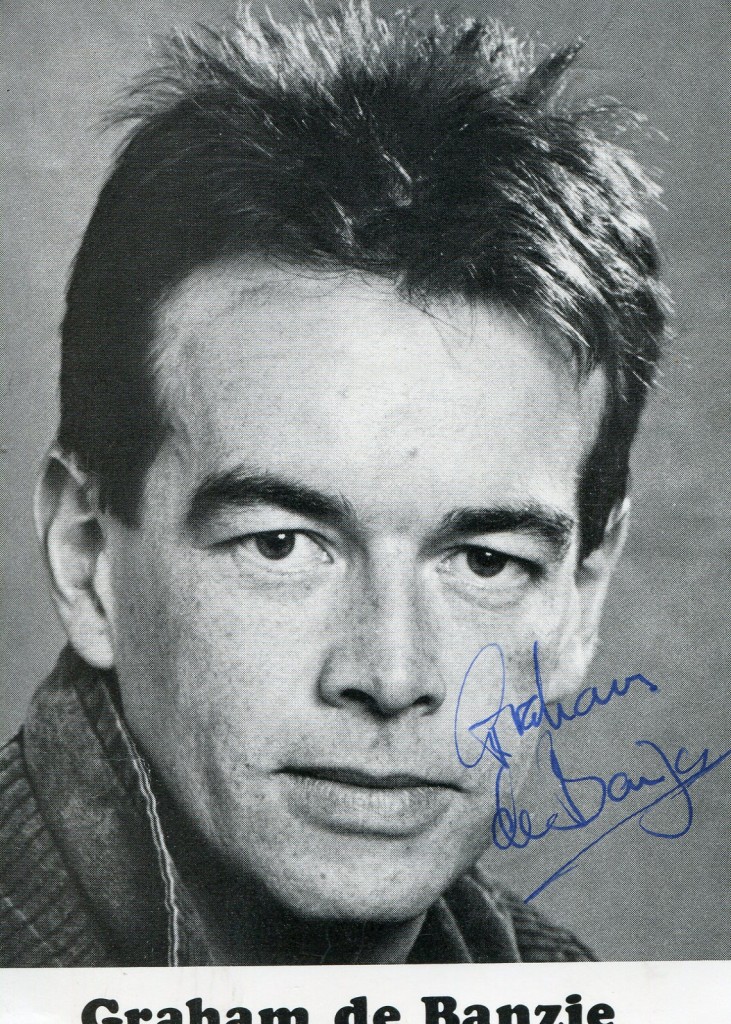
Graham De Banzie is an actor, known for Complicity (2000), A Shot at Glory (2000) andThe Planman (2003).

Brittish Actors

Graham De Banzie is an actor, known for Complicity (2000), A Shot at Glory (2000) andThe Planman (2003).

Deborah Findlay was born in 1947 in Surrey. She made her television debut in “Play for Today” in 1982. Films include “Truly, Madly, Deeply” in 1990 and “The House of Bernarda Alba” with Glenda Jackson. Went to the U.S. to make “Torchwood” in 2008 on US television and then starred with Judi Dench and Eileen Atkins in “Cranford” for the BBC.
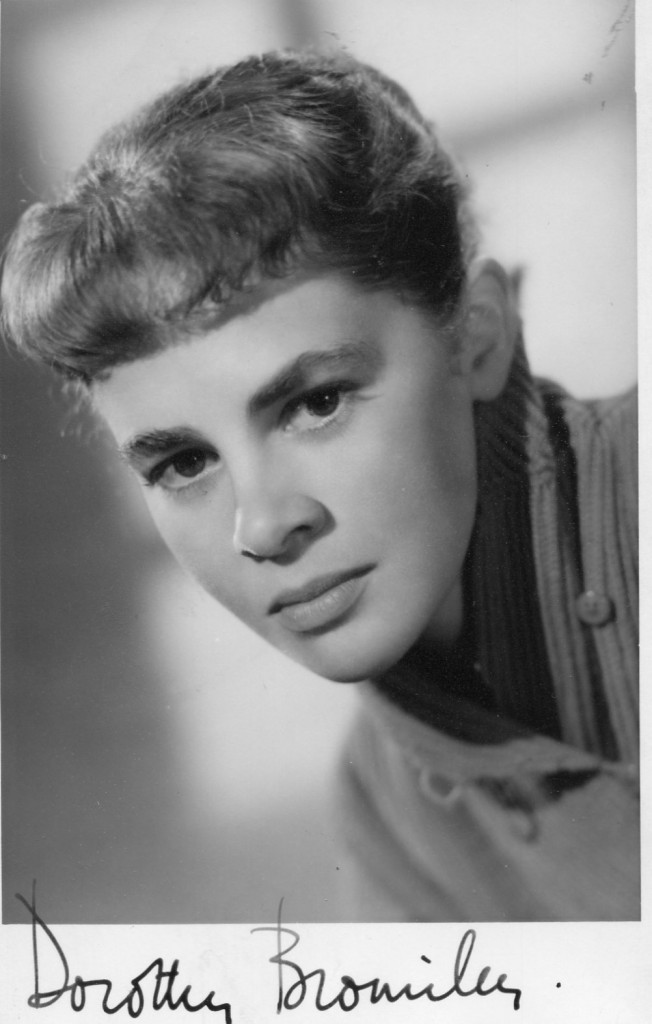
Dorothy Bromiley was born in 1930 in Manchester. In 1952 she, along with Joan Elan and Audrey Dalton won major parts in the movie”The Girls of Pleasure Island” which was made in Hollywood. Ms Bromiley did not stay in the U.S. but pursued her career in Britain. Among her other films are “It’s Great to be Young” with John Mills in 1956 and “The Servant” which was directed by her one time husband Joseph Losey. An interesting article on Dorothy Bromiley can be accessed here.
Dorothy Bromiley Phelan (born 18 September 1930) is a British former film, stage and television actress and authority on historic domestic needlework.
Born in Manchester, Lancashire, the only child of Frank Bromiley and Ada Winifred (née Thornton). Bromiley played a role in a Hollywood film before returning to the UK where, in 1954, she started work as assistant stage manager at the Central Library Theatre, Manchester; followed by a West End stage role in The Wooden Dish directed by the exiled US film and theatre director Joseph Losey(who became Bromiley’s husband from 1956 to 1963). They have a son by this relationship, the actor Joshua Losey. Since 1963 Bromiley has lived with the Dublin-born actor and writer Brian Phelan (who appeared in the 1965 film Four in the Morning), they have a daughter, Kate.
Bromiley attended the Royal Academy of Dramatic Art.

Bromiley successfully auditioned for the role of Gloria in the Hollywood film The Girls of Pleasure Island (Paramount, 1952). Her major roles in several British films include sixth former Paulette at Angel Hill Grammar School (aged 26 at the time) in It’s Great to Be Young (1956) in which Bromiley’s singing voice for the Paddy Roberts/ Lester Powell Ray Martin song “You are My First Love” was dubbed by Edna Savage (and by Ruby Murray in the pre-credits sequence), Rose in A Touch Of The Sun (1956) co-starring with Frankie Howerd, Sarah in Zoo Baby (1957) with Angela Baddeley, Small Hotel (1957), Angela in The Criminal (1960) and a minor role in The Servant (1963), the latter two directed by Losey.
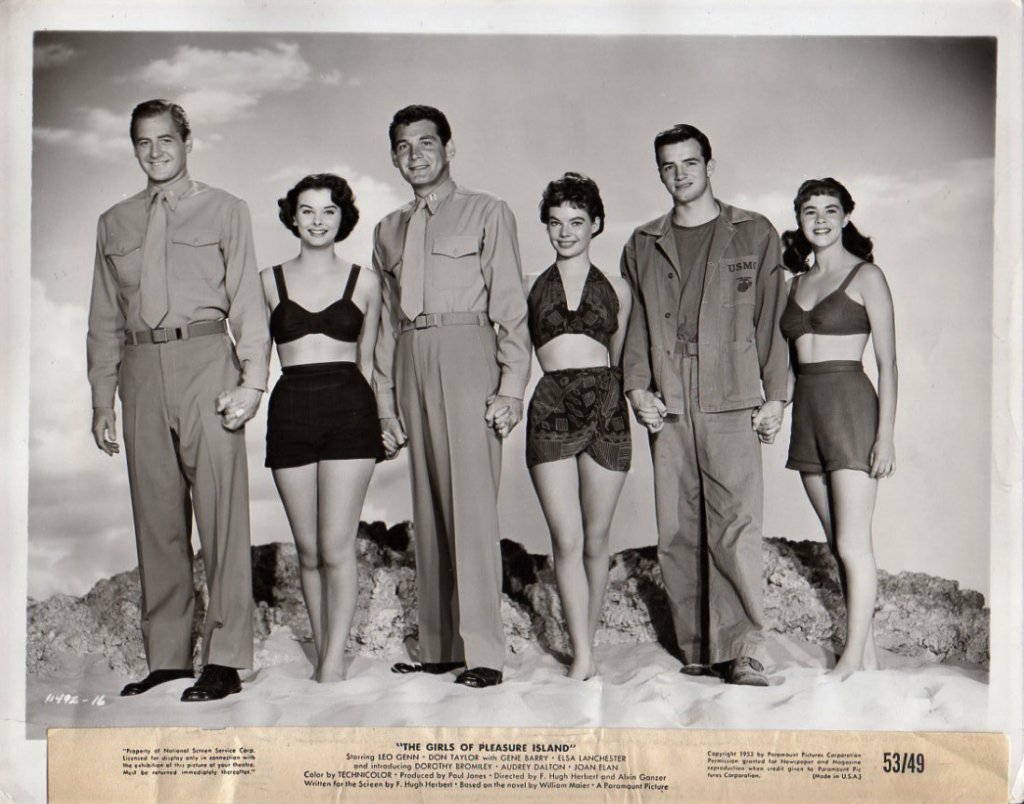
Bromiley made her television drama debut as Pauline Kirby in “The Lady Asks For Help” (1956) an episode of Television Playhouse produced by Towers of London for ITV. This was followed by the role of Ann Fleming in “Heaven and Earth” (1957) part of the Douglas Fairbanks Presents series for ATV. Directed by Peter Brook, it also starred Paul Scofield and Richard Johnson, and was set on board a plane that develops engine trouble. Bromiley also had roles in such popular television series as The Adventures of Robin Hood (1956) as Lady Rowena (“Hubert” episode), Armchair Theatre (1957), Play of the Week (“Arsenic and Old Lace”) (1958), Saturday Playhouse (“The Shop at Sly Corner”) (1960), Z-Cars (1964), The Power Game (1966) and No Hiding Place (1965, 1966), and the television play Jemima and Johnny (1966). Her last television drama role was as Sarah Malory in Fathers and Families (BBC Television, 1977) directed by Christopher Morahan.

Dorothy Bromiley taught at the London Academy of Music and Dramatic Art (LAMDA) between 1966–72 and left to create The Common Stock Theatre Company, staging socially relevant theatre in colleges and non-traditional halls.

Retired from acting, Dorothy Bromiley lives in Dorset, and has developed an interest in 16th and 17th century amateur domestic needlework, writing on the subject, and curating two major exhibitions

Dorothy Bromiley, a 21-year-old actress from Manchester, was in her final year at the Central School of Speech and Drama in London when the Hollywood producer F Hugh Herbert came looking for three “typical” British girls. “My agent went all poker-faced, said ‘I want you to get used to interviews’, and sent me to see Mr Herbert,” she recalled.
He was casting for The Girls of Pleasure Island (1953), a comedy about a straitlaced Englishman who lives on a South Sea island with his three daughters. Other than their father the girls have never set eyes on another man. One day their paradise is invaded by 1,500 American marines — who have not seen a woman for months.
Hundreds of actresses were auditioned, nine were called for screen tests and three were selected: Bromiley, Audrey Dalton and Joan Elan, all from different drama schools. “Of course, I’m terribly excited about going to Hollywood,” she told the Manchester Evening News. “But I really want a stage career and I hope to save enough money in Hollywood to help me on the stage.
The trio landed in New York on the first day of spring 1952 and Bromiley went for a walk in Central Park. Overwhelmed by her new situation she burst into tears and was comforted by a “wonderful Irish cop” who, when she explained why she was in America, reassured her that “you have the world at your feet”. Two days later she reached California. “Almost at once we were plunged into fittings and wardrobe tests and whatnot,” she said.
While making The Girls of Pleasure Island the actresses featured on the cover of Life magazine. Meanwhile, Bromiley was elected as official mascot for the Manchester United football team during their visit to California, kicking off their match against Mexico. Her future looked bright and she was called for screen tests for a film starring Ginger Rogers and William Holden. Yet gradually she realised that she was not in control of matters
The Girls of Pleasure Island was released in April 1953 and the cast set out on a publicity tour of America, visiting 35 cities in five weeks. “Don’t ask me which town was Boston or which was Memphis, everything went by so quickly,” she said. Their task was to appear on stage after a screening of the film and act a sketch written by Herbert.
Returning to Hollywood, she bought a green Morgan car and socialised with friends while waiting for Paramount to come up with her next role. “I’d have loved to do some theatre work, but it’s awfully difficult for non-resident aliens to take this up because of American Actor’s Equity rulings,” she said. Her studio contract also meant turning down a Broadway offer from Sir Cedric Hardwicke, the British producer.
In an article for Picturegoer magazine Bromiley said that it dawned on her that there were to be no more scripts and no more films. “As Paramount had launched me as a feature player, it wasn’t going to ‘downgrade’ me into bit parts,” she said, wondering if she had arrived in Hollywood at too high a level.
Eventually she returned home, a little older and a little wiser. “Naturally I’m disappointed, and I’m even a little embarrassed because I’m the Manchester girl who didn’t, after all, make good,” she wrote, adding defiantly: “I don’t intend ever to forget Hollywood. I’m now going to have a fresh shot at show business in Britain. Then one day I’m going to return to California — to show ’em
Dorothy Ann Bromiley was born in Levenshulme, Manchester, in 1930, the only child of Frank Bromiley, a football reporter, and his wife, Ada Winifred (née Thornton). She was educated at Levenshulme High School, appearing on stage in her teens as Joyce Dermot in the Noël Coward comedy I’ll Leave it to You. With her heart set on acting she set off for college in London, abandoning her course midway through the final year for Hollywood
Back in Britain she became assistant stage manager at the Central Library Theatre in Manchester, “much to the disgust of my agent”. At Christmas 1954 she played Wendy in a 50th anniversary production of Peter Pan at the Scala Theatre, London.
Bromiley’s experiences of Hollywood coloured her view of American men, and she claimed that they were afraid to talk about anything intellectual. “They talk down to women as though they didn’t attribute any sense to them at all,” she said. There was one exception. Her West End debut was as the compassionate granddaughter in Edmund Morris’s The Wooden Dish directed by Joseph Losey, an American director blacklisted in the anti-communist McCarthy era. They had met briefly in Hollywood. Now reunited, they married in 1956
On the set of Losey’s neo-noir film The Criminal (1960) with Sam Wanamaker she met the Irish actor, and later playwright, Brian Phelan. Her marriage to Losey was dissolved in 1963 and she lived with Phelan for more than six decades, changing her name by deed poll in 1966 to Dorothy Bromiley Phelan. She died five days before him and is survived by their daughter, Kate, who lives in France, and by a son, Joshua, an actor, from her first marriage.
In time Bromiley also took up teaching at the London Academy of Music and Dramatic Art, imparting her experience to a new generation of actors including Maureen Lipman, Brian Cox, David Suchet and Patricia Hodge. In 1972 she left to create the Common Stock Theatre, a co-operative based in Hammersmith, west London, taking theatre to areas of social deprivation. “We improvised plays on themes suggested by London teenagers in youth clubs and state schools; subsequently playing to audiences not in the habit of going to the theatre,” she wrote.
After several years as the company’s administrator she moved to Dorset to recover from her funding battles with the Arts Council. She remained there with Phelan, opening the Sherborne Tapestry Centre and finding her second calling as a specialist in 16th and 17th-century amateur domestic needlework. Her expertise led to a handful of books on the subject including The Point of the Needle: Five Centuries of Samplers (2001) and The Goodhart Samplers (2008). She curated exhibitions at the Dorchester Museum and the Holburne Museum in Bath, was interviewed for Radio 4’s Woman’s Hour and undertook research into the artists responsible for the designs used by early embroiderers.
While grateful for her time in Hollywood, Bromiley was sanguine about the experience. “I was just a piece in a machine, so to speak — someone that happened to be immediately at hand to take on a role,” she wrote. “It was my fault, not Hollywood’s, if I thought I was regarded as something of much more importance. Yet that is where Hollywood hits so many youngsters. It hits those who let the high hopes take complete control of them.”
Dorothy Bromiley, actress, was born on September 18, 1930. She died on May 3, 2024, aged

Neil Dudgeon was born in 1961 in Doncaster.
Article in “MailOnline” here.
Midsomer Murders star Neil Dudgeon has a hunch – like all good policemen – as to why the everyday story of country folk killing each other makes ideal festive viewing.
As villagers drop like flies in more and more inventive ways, perhaps crushed to death by a wheel of cheese or poisoned by frogs, it apparently gives fans ideas.
‘Christmas is wonderful, but it can make you want to murder your nearest and dearest,’ laughs Neil, who plays DCI John Barnaby in the long-running show. ‘Then you see it all acted out on TV and you think, “If only I’d thought of that! If only we had a gargoyle, I could get on the roof now, get them in the garden and push the gargoyle off!”
This year’s festive offering The Christmas Haunting, which launches a new series of five episodes, sees a philandering furniture-maker fatally stabbed with an antique sword during a manor house’s ghost hunt
‘But seriously, the murders in Midsomer always have that slightly hilarious quality that allows people to enjoy them. People who live in London are afraid of things like being mugged on the way home from the Tube, but it’s very rarely reported on the news that a man in London has been crushed by a falling gargoyle or beaten to death with a round of Midsomer Blue cheese. They’re sort of safe murders, if you can have such a thing.’
This year’s festive offering The Christmas Haunting, which launches a new series of five episodes, sees a philandering furniture-maker fatally stabbed with an antique sword during a manor house’s ghost hunt.
Prime suspects? Well, Les Dennis heads the list of guest stars alongside Elizabeth Berrington, Mark Heap, James Murray, Emily Joyce and Hannah Tointon. Neil’s keeping the case-file close to his chest but is prepared to reveal, ‘There’s plenty of snow and it’s very festive. Sykes the dog is quite be-Christmased, as you would expect.’
And Neil gets another present too: a new right-hand man. DS Ben Jones (Jason Hughes) has been promoted and transferred away from the area, and his replacement, DS Charlie Nelson (Gwilym Lee), arrives on the eve of the festivities. Gwilym – who’s been in Inspector Lewis, Waterloo Road and Ashes To Ashes – admits it’s ‘a bit of a dream’ to land the part of the green tea-drinking health freak from the city. Already a Midsomer fan, the 29-year-old says, ‘It’s like the British Television Repertory Company. You see all these familiar faces around. It’s fantastic!’
Neil agrees, saying that working with some of British TV’s legendary stars is one of the highlights of the show for him. ‘I have a soft spot for the older actors I remember from watching television as a boy. June Whitfield and Bernard Cribbins are in one episode that features a couple of brilliant aeroplane-related fatalities. I can say no more.
Robert Bathurst is also in it – an old friend of mine who I first worked with years ago. Every time there was a cut in one scene Robert and I started pestering June with questions like, “So June, Tony Hancock, what was he really like?” We’d do another take and then we’d say, “June, June, what was Wilfred Pickles like?” It was just hilarious. Brilliant stuff. Bernard claims to be in his mid-80s but it’s like he’s in his mid-50s. He’s extremely funny and charming with it.’
The familiar faces in the Christmas Special had to suffer for their art though. The snowy scenes were filmed during the July heatwave when temperatures reached 31°C.
‘It was hilarious,’ laughs Neil. ‘We film through the summer months, so we were all saying, “Once we start the Christmas episode, we’re going to have to wear coats and scarves and say, “Brrrrrr!” but there’ll probably be a heatwave.’
And there was. ‘Every time we came out of a building we had to say, “Oh, it’s cold!” The director would say, “Yes, that looks great, apart from the fact you’re sweating too much. Can you try not to sweat or have the sun bouncing off your face?” It was a bit tricky.’
Gwilym adds, ‘But no matter how hot and sweaty we were, at least we weren’t in a Father Christmas outfit like Les Dennis. That was a bonus!’
The banter between Neil and Gwilym bodes well for the future. Les Dennis likened their chemistry to that of Captain Mainwaring and Sergeant Wilson in Dad’s Army. Quite a compliment from a man who knows his comedy. ‘The highest praise,’ nods Neil.
Midsomer Murders is now exported to 225 territories around the world, and it’s such a massive hit in Denmark – even bigger than The Killing – that they filmed its forthcoming 100th episode there and some of the stars of The Killing – Ann Eleonora Jorgensen, Marie Askehave and Nicolaj Kopernikus – make cameos alongside Borgen’s Birgitte Hjort Sorensen.
Were they mobbed when they arrived in Denmark? ‘It was like The Beatles arriving with the Pope in the back of the car!’ laughs Neil. ‘In a population of just five and a half million, they’ve sold around four million Midsomer Murders DVDs.
Something like 80 per cent of households have at least one DVD, and it airs in a primetime Saturday-night slot. Ann Jorgensen – who played the mother in series one of The Killing – said when she told her family, “I’m doing this thing called The Killing” nobody was very interested. As soon as she said, “I’m doing an episode of Midsomer Murders” they begged her, “Can you get us pictures?”
‘Everybody was tremendously excited. We’re really cool in Scandinavia. All the Danes thought it was thrilling to be in the show.’
With the death toll now standing at more than 300, and that landmark 100th episode airing in February, Midsomer Murders really is making a killing.
Katherine Hassell.
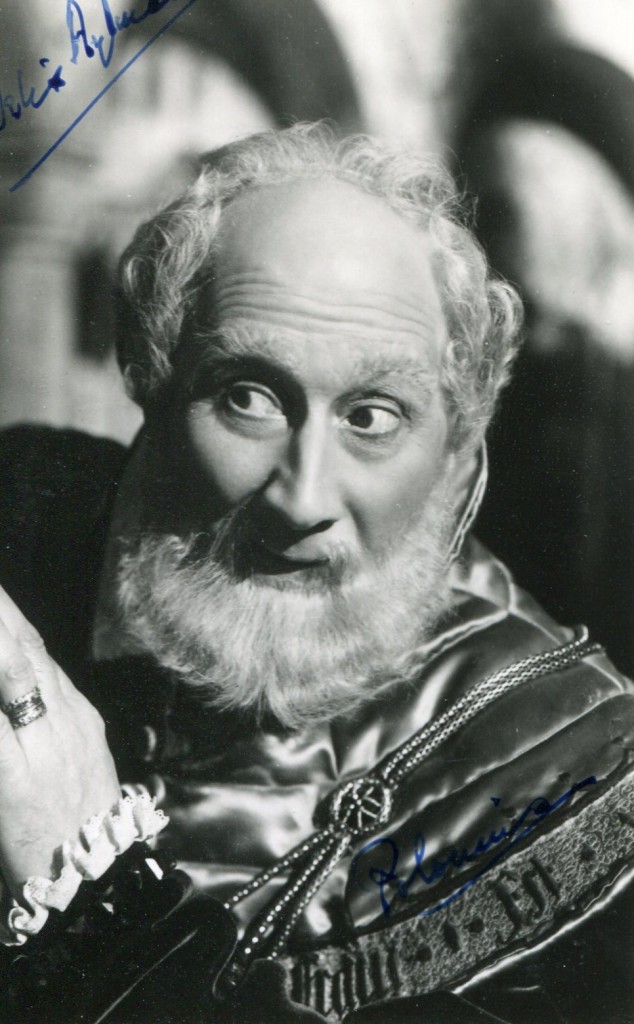
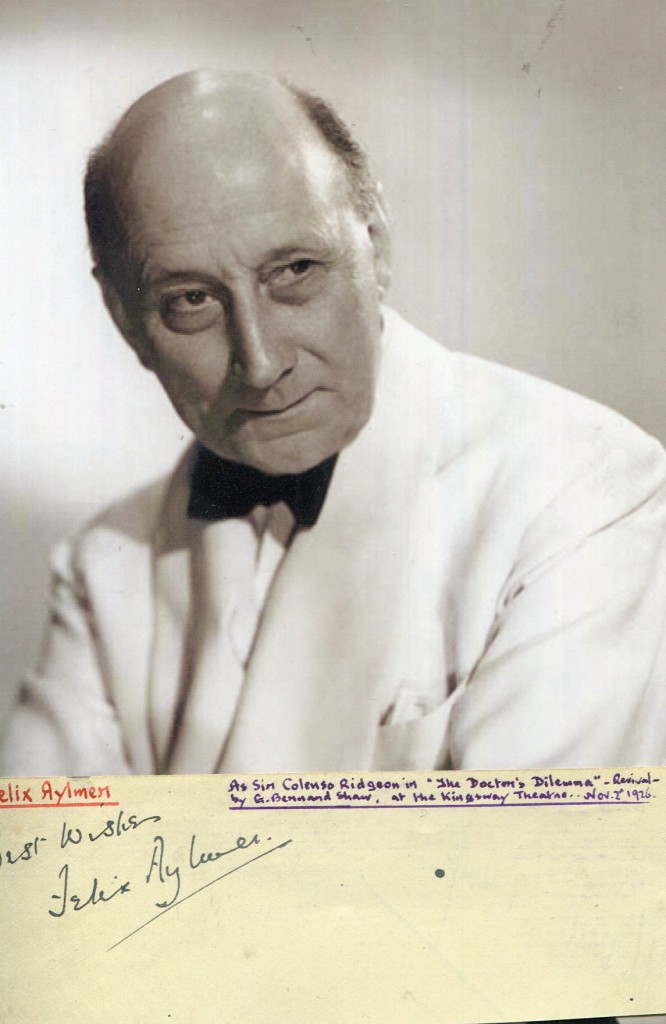
TCM overview:
Accomplished stage performer, for many years president of the actors organization Equity, who entered film in the early 1930s and often played doddering clerics, bureaucrats or schoolteachers. Aylmer was twice cast as the Archbishop of Canterbury (in “Henry V” 1944 and “Becket” 1964) and played Polonius in Laurence Olivier’s film, “Hamlet” (1948). He was knighted in 1965.
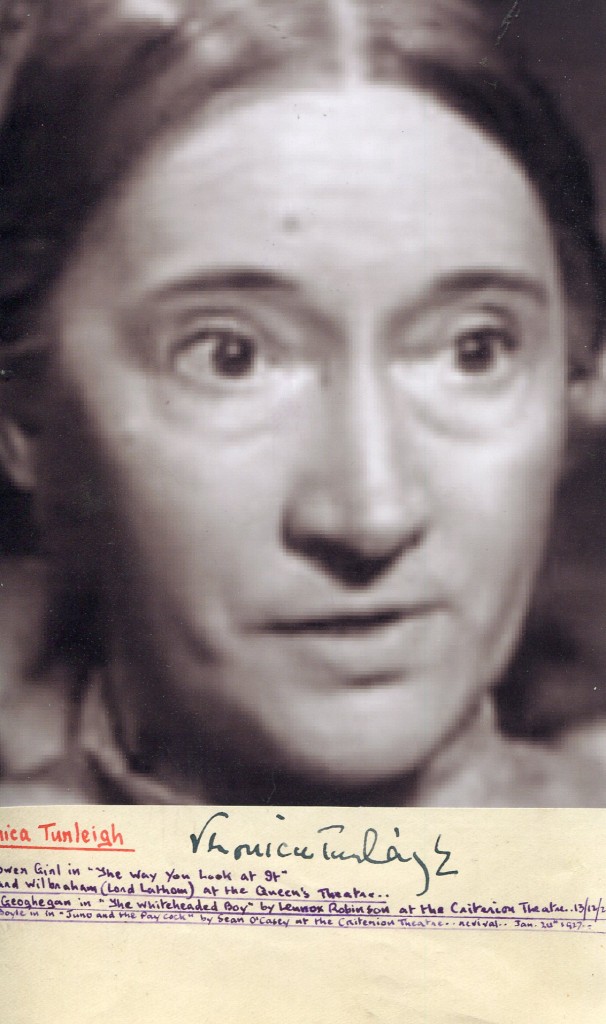
IMDB entry:
Veronica Turleigh was born on January 14, 1903 in County Donegal, Ireland as Bridget Veronica Turleigh. She was an actress, known for The Horse’s Mouth (1958), The Promoter (1952) and Smiling at Grief (1939). She was married to James Laver. She died on September 3, 1971 in England.

Brendan Price was born on June 24, 1947 in Coventry, Warwickshire, England as Brendan T. Price. He is an actor, known for Dagon (2001), The Nameless (1999) and Google and the World Brain (2013).

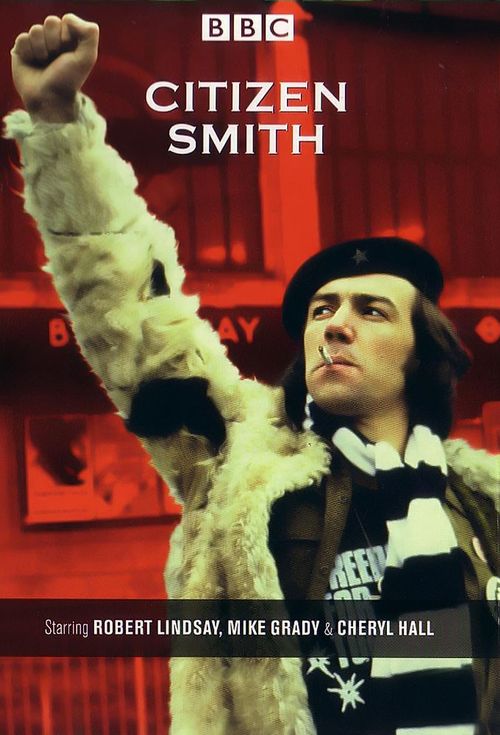
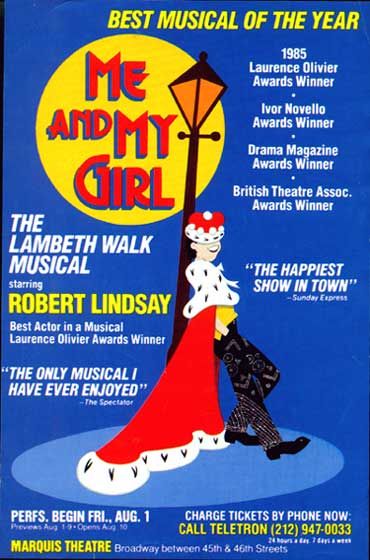
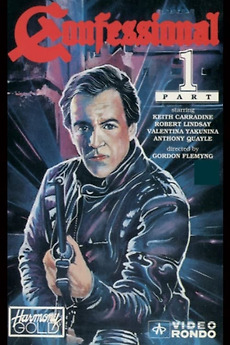
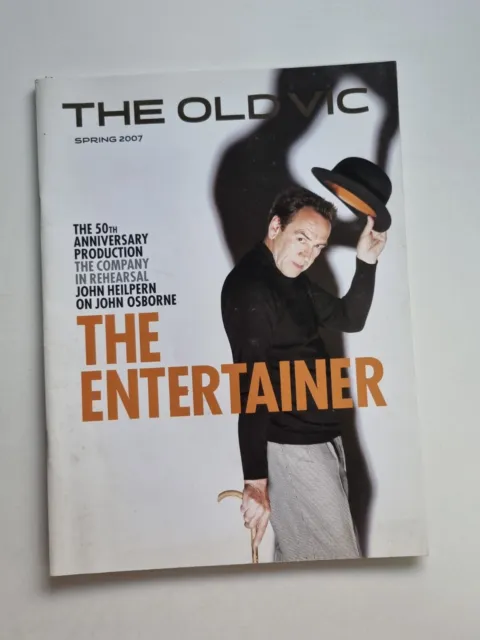
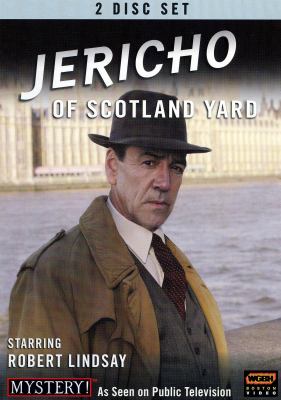
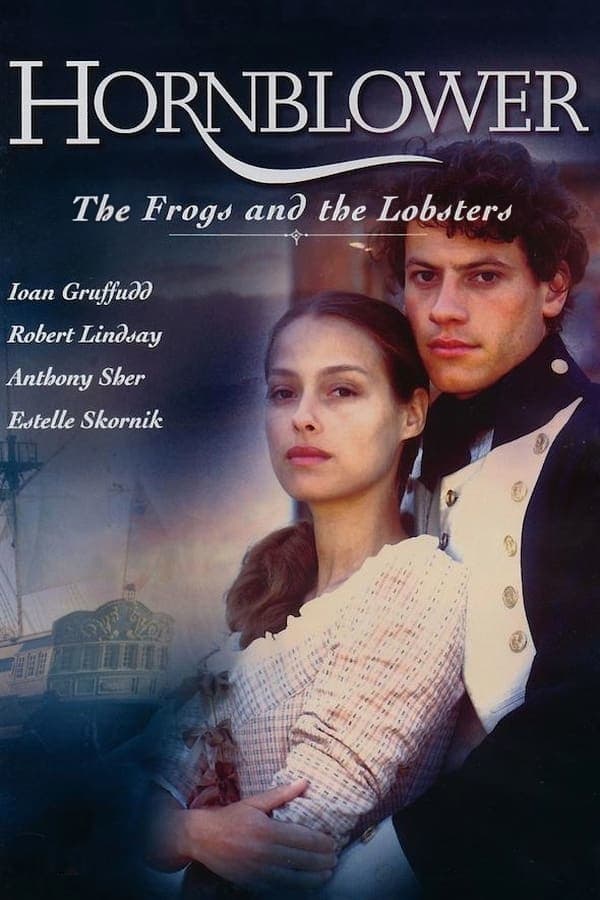
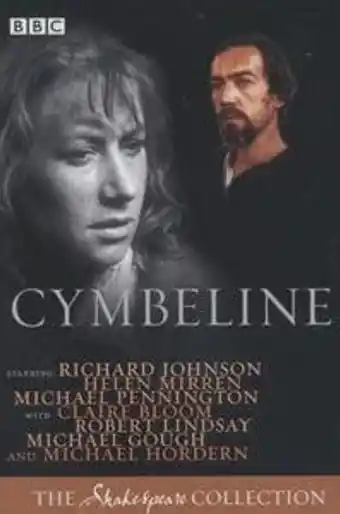
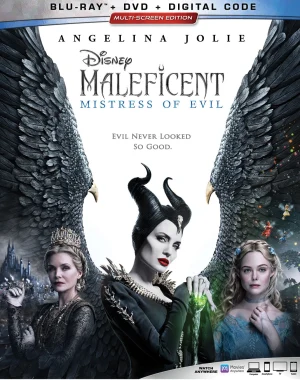



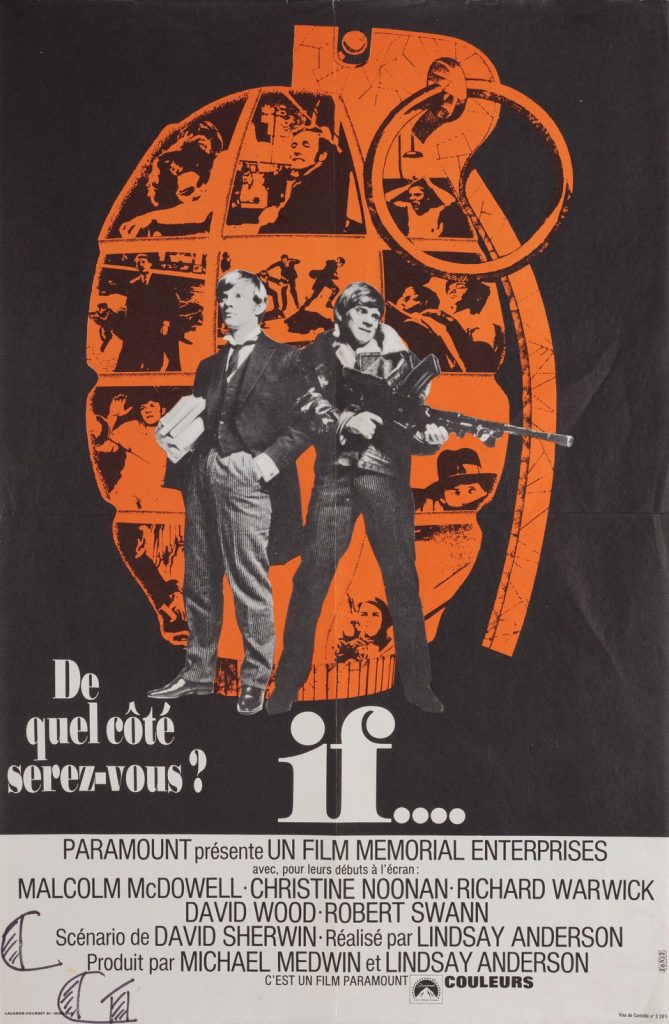
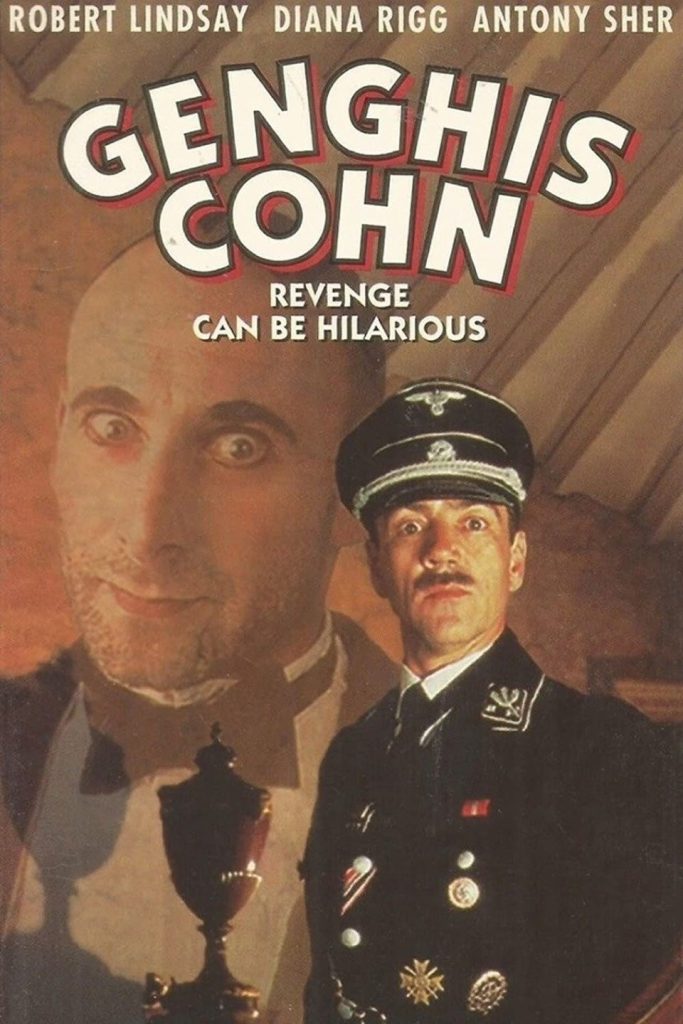
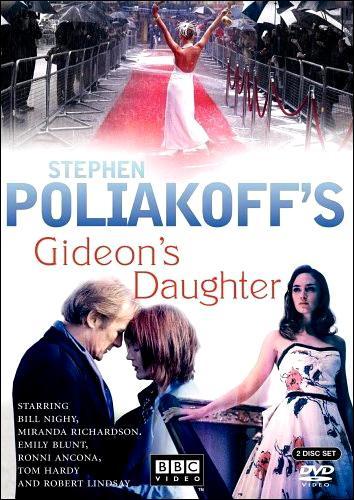
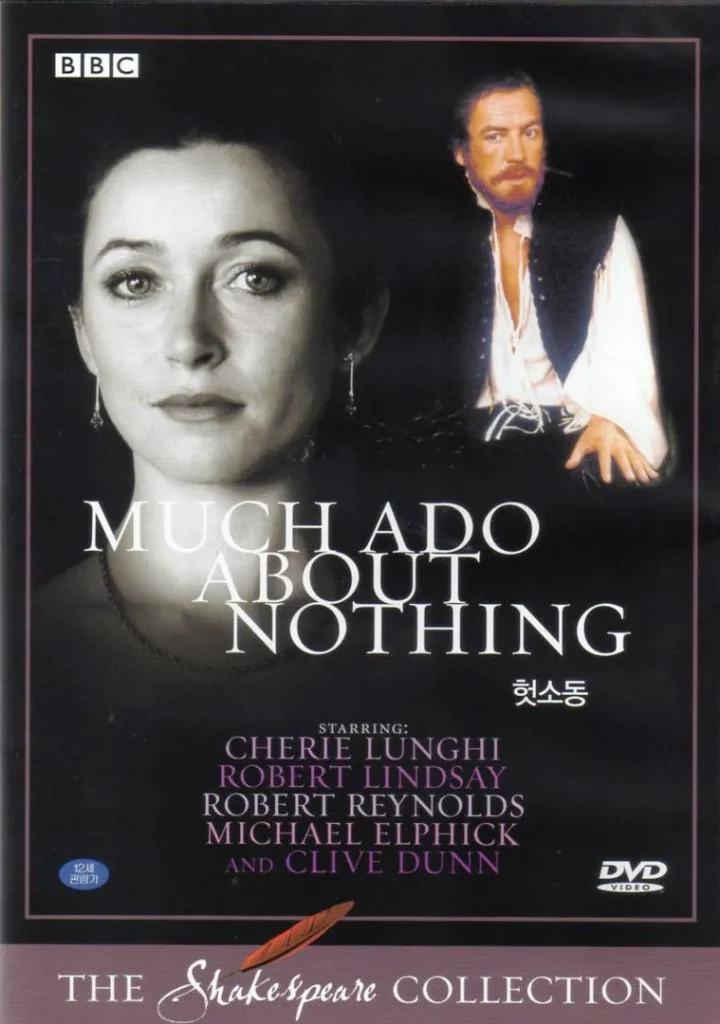
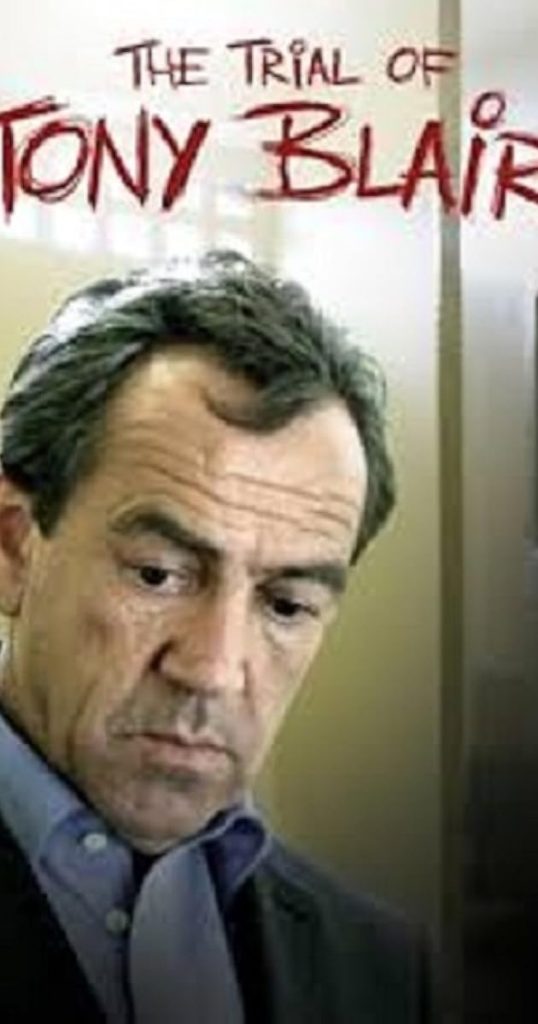
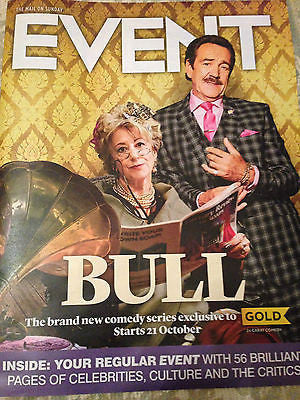
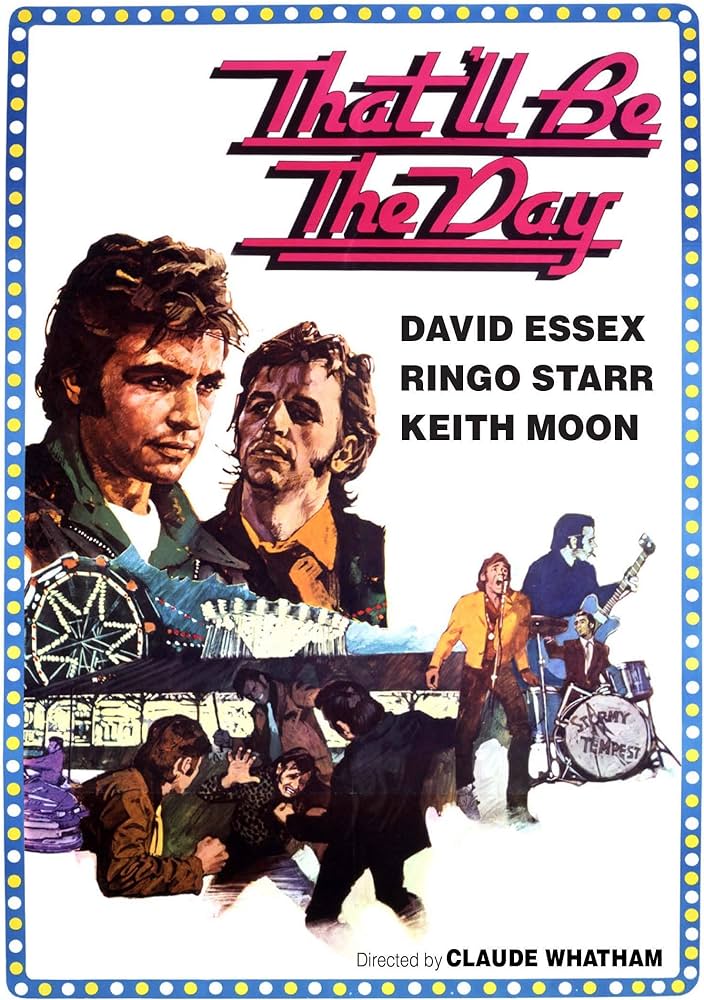


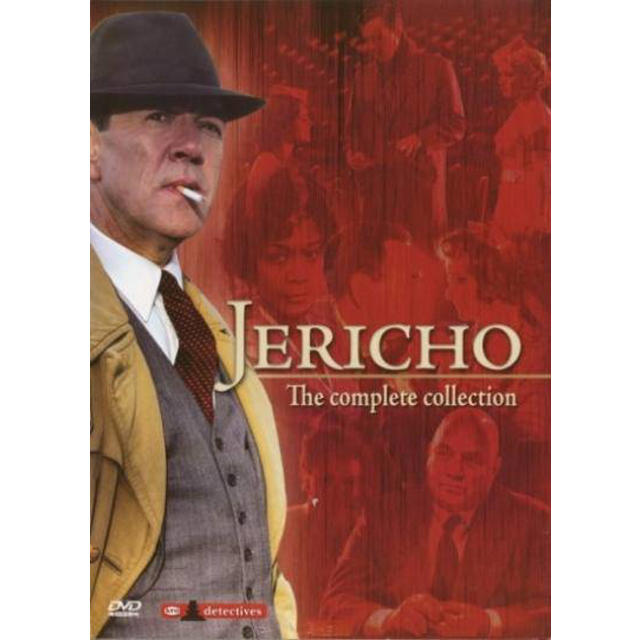

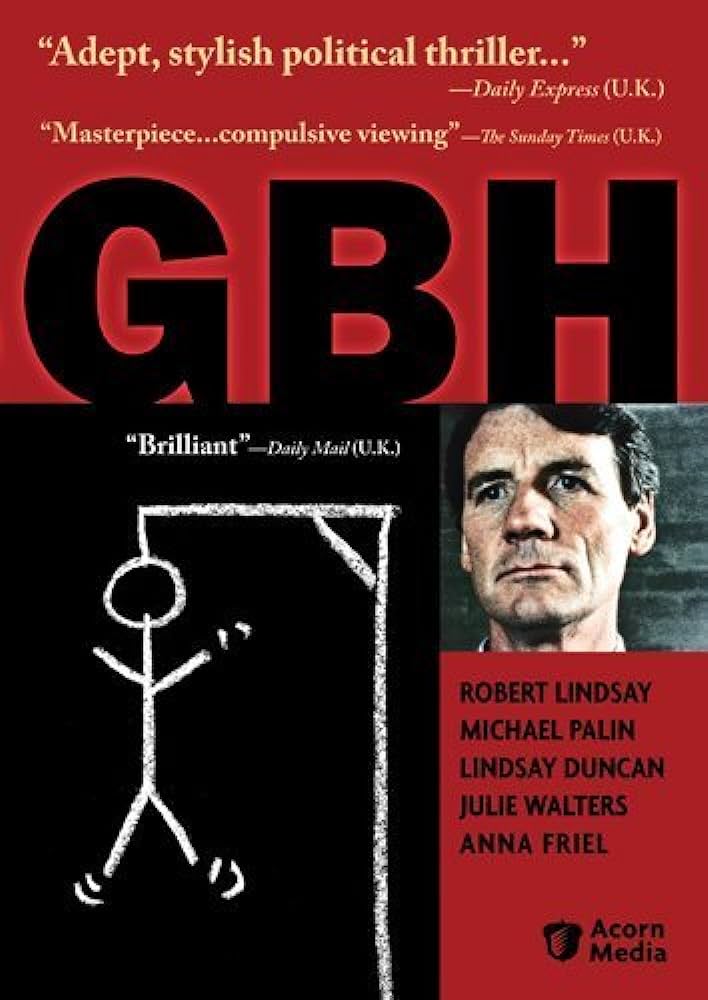
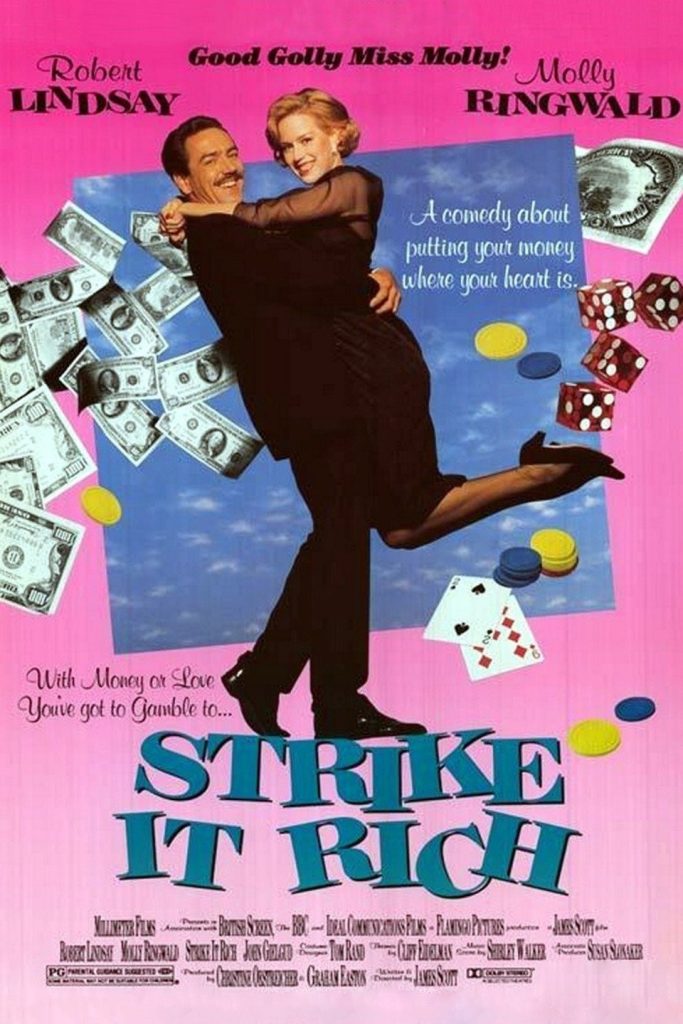
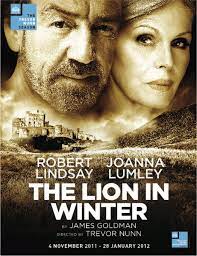
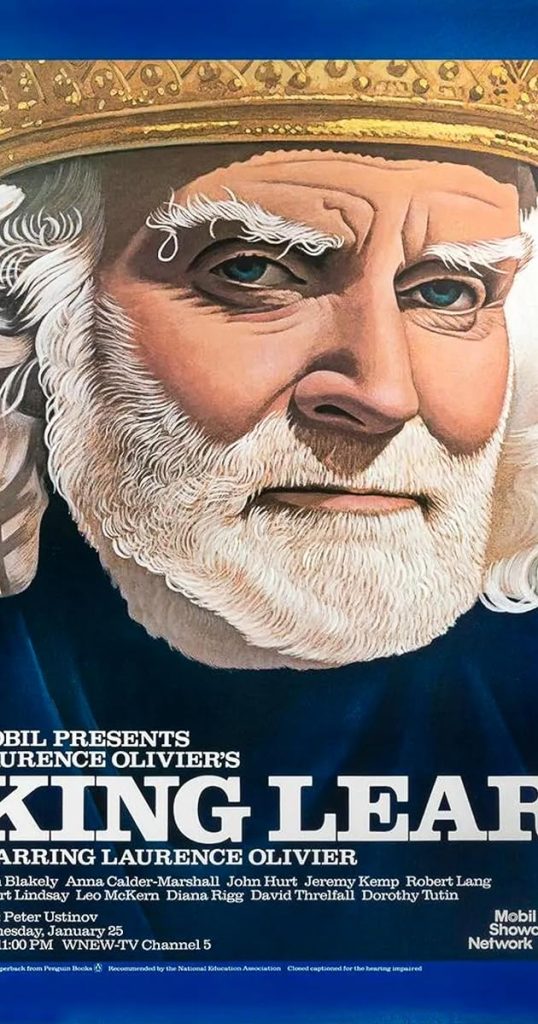
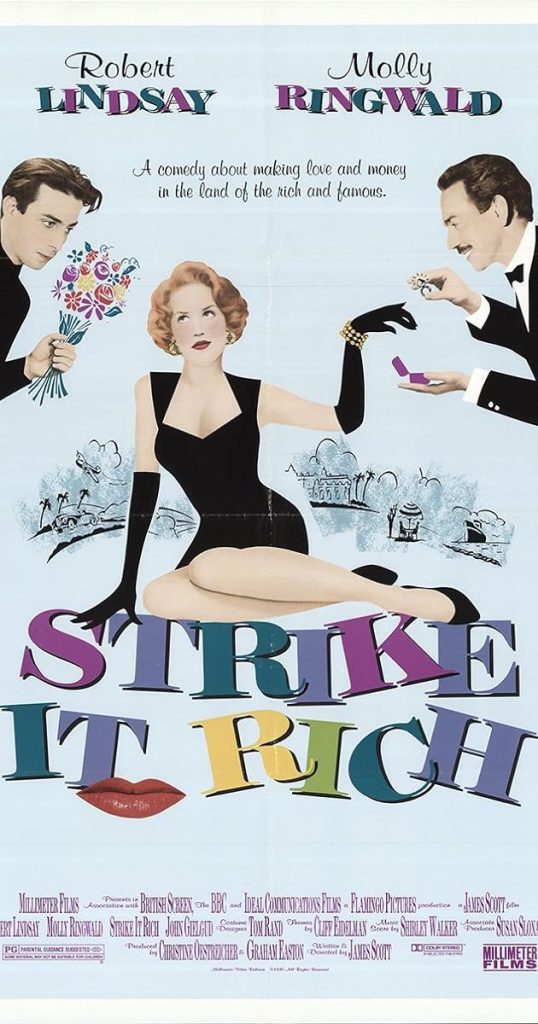
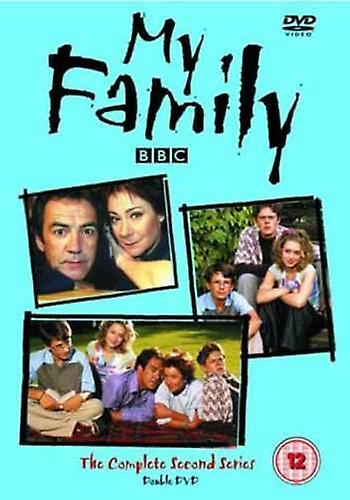
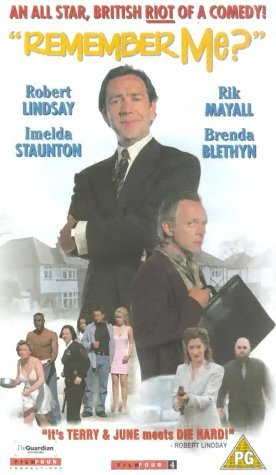
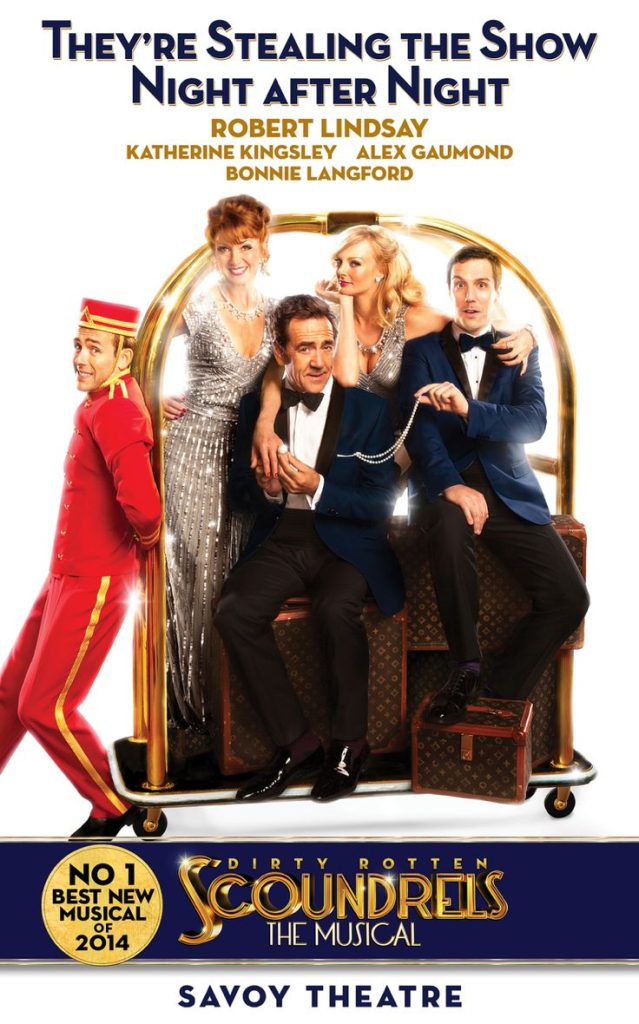
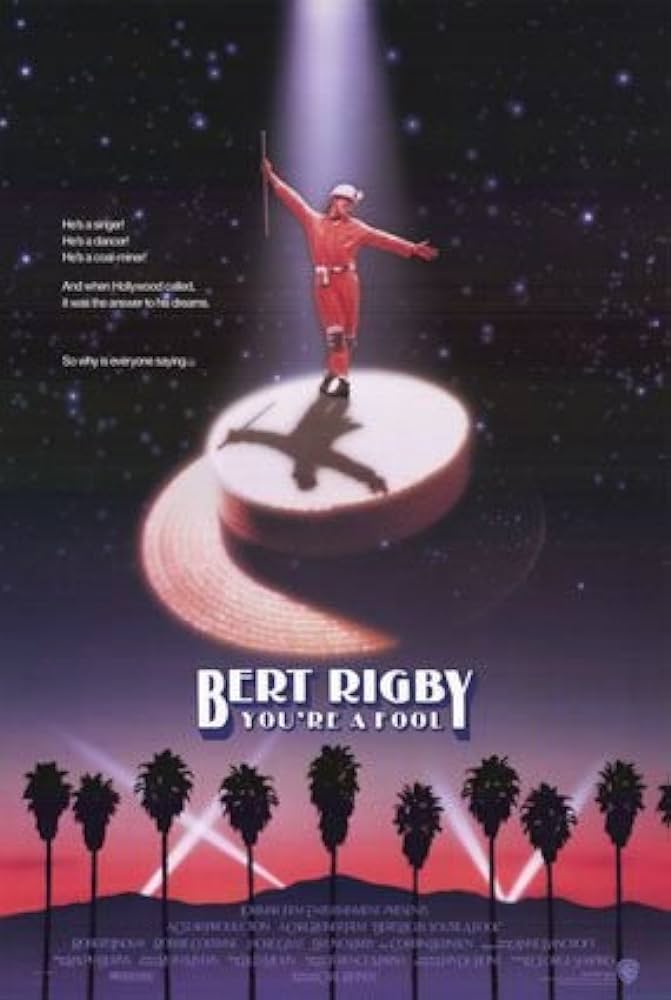

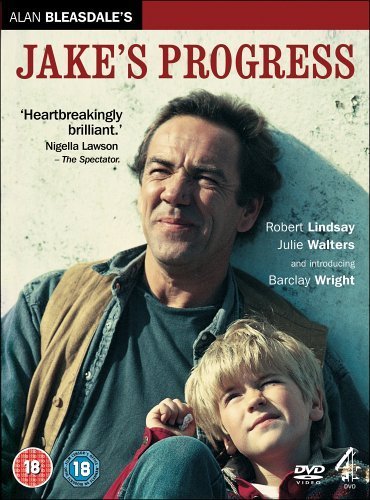
TCM overview:
This dark-haired, pleasant-faced British actor is equally at home in musical comedy or drama. Often cast as working-class blokes, Robert Lindsay made a splash on both sides of the Atlantic in the mid-1980s starring in the revival of “Me and My Girl”. The RADA-trained actor had already become known to his countrymen as the pub-bound, would-be revolutionary Wolfie Smith in the British sitcom “Citizen Smith” (BBC, 1977-80).
In 1970, shortly after completing his training, Lindsay debuted as Jesus in a London production of “Godspell”. He alternated between TV and stage, joining the Royal Exchange Theatre Company in the late 70s, where he earned attention for playing “Hamlet” in 1983. Starring opposite Emma Thompson, he earned raves as the Cockney chap who proves to be of royal blood in “Me and My Girl”. Thompson was not allowed to recreate her stage role in the USA (Maryann Plunkett inherited the part) but Lindsay was, earning numerous accolades including a Best Musical Actor Tony Award. Subsequent stage roles have included heralded portrayals of Henry II in “Becket” in 1991 and Fagin in a revival of “Oliver!” in 1996.
Before he landed his breakthrough stage role, Lindsay worked often on British TV. He was among the members of the RAF in the 1950s in the Thames TV sitcom “Get Some In!” (1975-78) before landing the role of “Citizen Smith”. He perfected his Cockney accent as a pool hall denizen alongside Paul McGann in “Give Us a Break” (1983) before landing more prestigious parts like Edmund to Laurence Olivier’s “King Lear” in 1984. Lindsay delivered a brilliant performance as a KGB saboteur posing as a priest in “Confessional” (Granada TV, 1990) and received a BAFTA Award as a ruthless politician in “GBH” (BBC, 1991). Lindsay also won much attention as a former SS officer being tormented by the ghost of a Jewish comedian (Antony Sher) killed in a concentration camp in “Gengis Cohn” (1993; aired in the USA on A&E).
Lindsay’s film appearances have been rare. His talents were supposed to be showcased as a coal miner with showbiz aspirations in Carl Reiner’s “Bert Rigby, You’re a Fool” (1989), but the film did almost no box office. “Strike It Rich” (1990), an inferior remake of 1956’s “Loser Takes All”, teamed the actor with Molly Ringwald in a tale of a honeymooner in Monte Carlo who supposedly perfects a system for winning at roulette. More recently, he was among the zookeepers fighting for their jobs in the uneven “Fierce Creatures” and a smooth-talking businessman who revisits an old love in the comedy “Remember Me” (both 1997). Lindsay then co-starred with Julie Walters (who had played his mother in “GBH”!) as a married couple trying to change their fortunes by offering strip shows at their dingy pub in “Brazen Hussies” (lensed 1997).
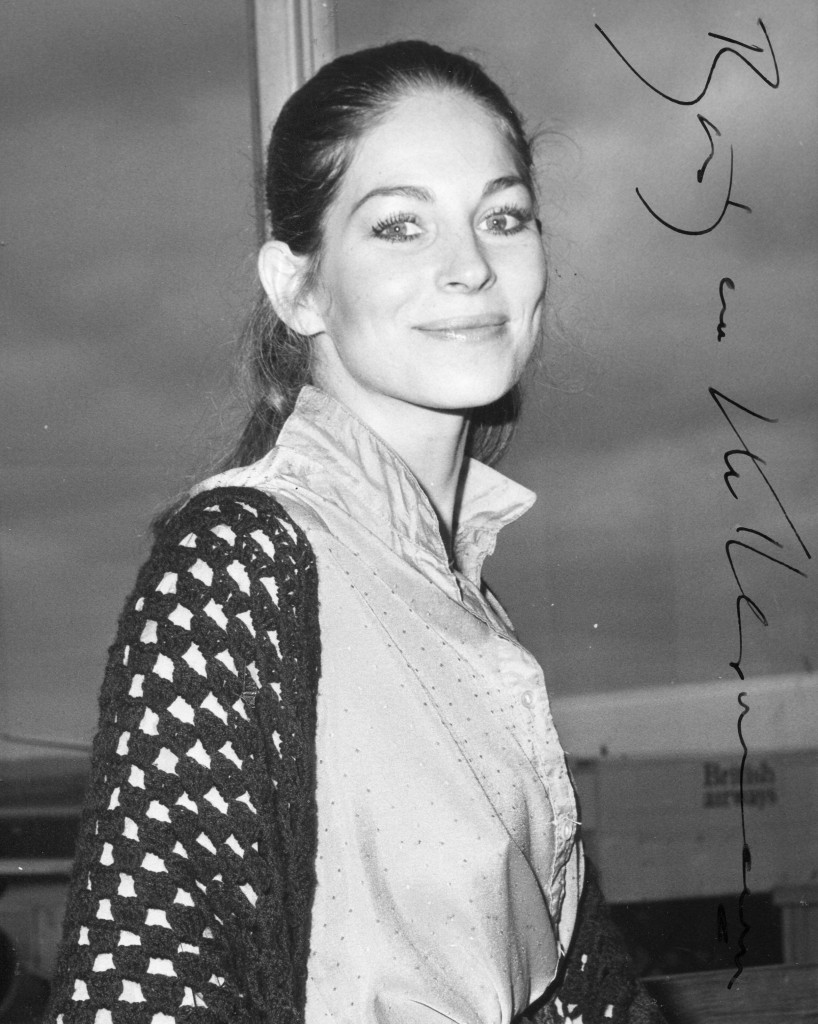
“Wikipedia” entry:
Barbara Kellerman (born 30 December 1949 in Manchester, Lancashire; surname at birth: Kellermann) is an English actress, noted for her film and television roles. She trained at Rose Bruford College.[1]
Kellerman’s father, Dr Walter Kellermann (born 1915, died 2012), had fled Nazi Germany and settled in Leeds, where he became a Senior Lecturer in the Department of Physicsat the University of Leeds. Her mother, Marcelle, was a member of the French Resistance during the Second World War who became a teacher of modern foreign languages.[2]
Kellerman has a younger brother Clive and a younger sister Judith.[3]
Kellerman’s film credits include: Satan’s Slave, The Monster Club and The Sea Wolves.
Her television appearances include: Space: 1999, The Glittering Prizes, 1990, The Professionals, The Mad Death, Quatermass and The Chronicles of Narnia.
She is also notable for her appearances in the BBC adaptations of three of the Narnia books. She played the White Witch in The Lion, the Witch & the Wardrobe (1988), the Old Hag (Narnian Hag) in Prince Caspian in (1989) and continued on to be the villainous Lady of the Green Kirtle in The Silver Chair in 1990.
On the radio, she portrayed Modesty Blaise in a 1978 BBC World Service adaptation of the novel Last Day in Limbo.
She made a 20-minute drama for With Light Productions in 2007 for director Anita Parry entitled The Lights of Santa Cruz. It co-starred Christian Rodska and was the story of two middle-aged divorcees doing up a boat on theSomerset coast. It was filmed in Watchet, Somerset (a small shipping port on the south west coast of England) over a four-day period, mostly on a refitted Swedish fishing boat, the Josefine. The film was entered into Bristol‘s Brief Encounters Festival and is currently looking for distribution.
She is a former wife of Robin Scobey (1975-?).
Anyone who knows me are aware that I am a bit of a movie buff. Over the past few years I have been collecting signed photographs of my favourite actors. Since I like movies so much there are many actors whose work I like.